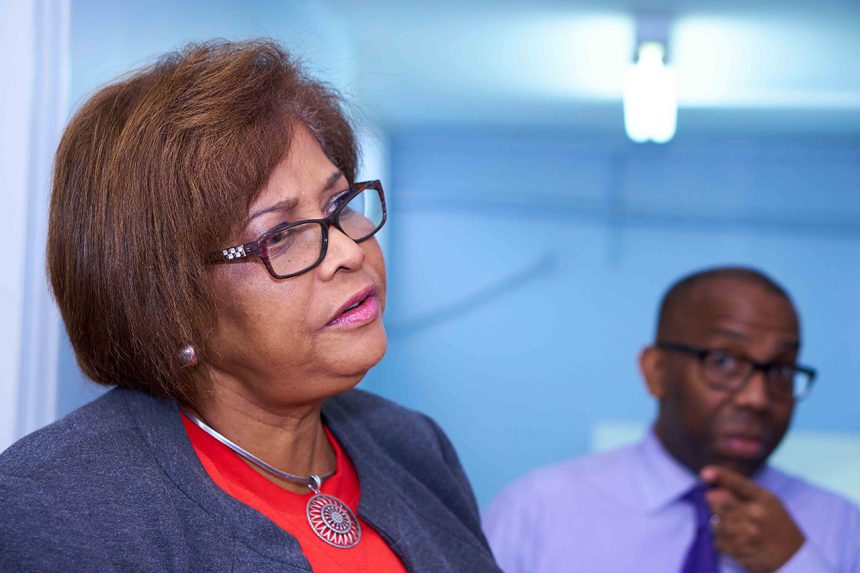It is a well-researched fact that Comprehensive Sexuality Education (CSE) creates healthy and responsible sexual and reproductive health behaviours among young people.
The Family Planning Association of Trinidad and Tobago (FPATT) fully endorses the position recently advanced by the Minister of Sport and Youth Affairs – The Honourable Shamfa Cudjoe – that there is need for sex education in our nation’s schools, and that our children should be exposed to this at school and at a much younger age. CSE can offer an appropriate framework to equip children with the knowledge and the skills, to enable them to better understand the responsibilities and risks associated with their Sexual and Reproductive Health (SRH). FPATT can, and does offer training to teachers and schools to ensure that CSE is approached responsibly. We believe that the school setting provides an ideal environment to educate young people about sex before they become sexually active. It is a much better approach than to leave our young people to learn negative attitudes about sex and sexuality in the street, or the unregulated media.
FPATT agrees with the Honourable Minister Cudjoe, that talking to our young people during fourth and fifth form, if at all, is too late! It is too late because a significant number of young males and females would have had their first sexual debut prior to age 13 and continue to engage in unprotected sexual activity with multiple sexual partners (GSHS, 2007) increasing their risk for a myriad of unfavorable outcomes. Indeed, the Caribbean remains a region with some of the highest rates of teenage pregnancies in the world. These facts demonstrate that open, honest conversations about sexual matters with trusted adults is severely lacking at a time when it is most needed.
Why is there such continued objection, from those who should know better, to empower our children with the appropriate and correct information, the only tool they can use to protect their vulnerability? ‘Knowledge is power’ and the reality is that age-appropriate education and information are critical resources, which our children could use to make responsible decisions and even safeguard them against unsolicited and unwanted sexual exploitation. We have a responsibility to our children, but too many of us are hung up on the misconception that comprehensive sexuality education encourages young people to have sex, or that it gives them permission to engage in what many describe as promiscuous and immoral behaviour. These perceptions cannot be further from the truth.
FPATT’s parent body, the International Planned Parenthood (IPPF) says it best, comprehensive sexuality education is “education about all matters relating to sexuality and its expression. CSE covers the same topics as sex education but, it also includes issues such as relationships, attitudes towards sexuality, sexual roles, gender relations and the social pressures to be sexually active, and it provides information about sexual and reproductive health services, communication and decision-making skills.” Let us be honest. The school-setting tells us that if we fail to prepare then we must be prepared to fail. So, isn’t withholding such critical empowerment-based learning counterproductive towards creating responsible adults?
The school should not displace parents and their responsibility, but the school can support parents, who often feel ill-equipped to broach subjects of sex and sexuality. We owe it to our children and our young people to better position them for an all-round successful life. Sensitizing parents, teachers, faith based organizations, local communities and other key gatekeepers and stakeholders and giving permission to discuss it with young people, are essential steps towards implementing age-appropriate CSE in schools. We, as the decision-makers and the adults that younger ones look up to, have a responsibility to protect them from harm and to educate them in their best interests. As Dr. Eric Williams once said, “The children of this nation carry the future of this country in their schoolbags.” Let’s do it for them. To do less is unpardonable.

